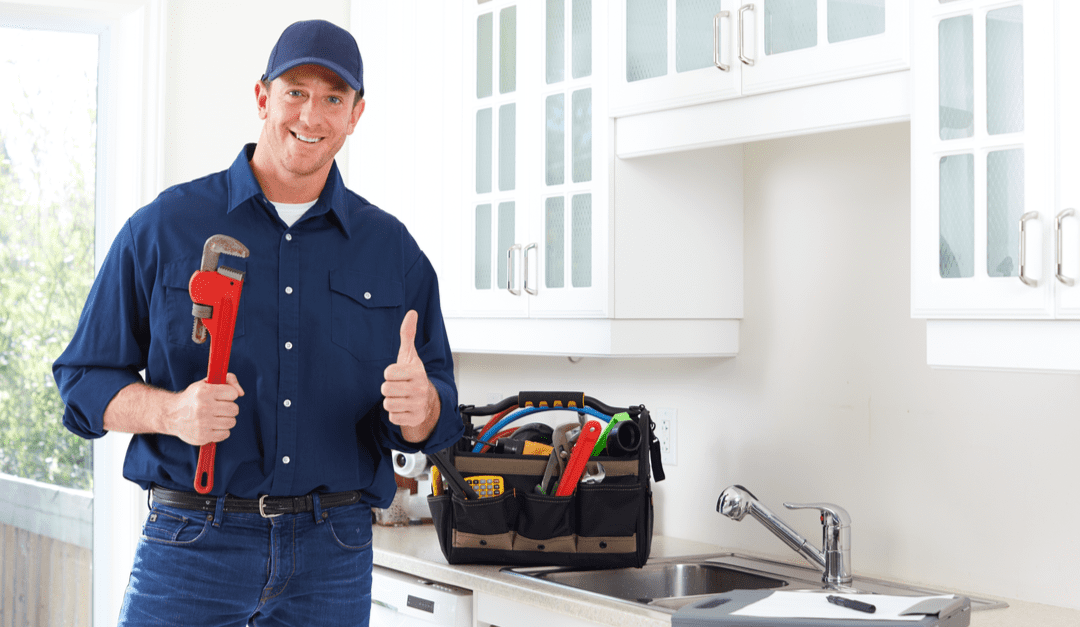Pipe disasters can hit at any given moment, turning a peaceful day into a frantic scramble for answers. From leaky faucets to exploding pipes, homeowners often discover themselves in serious situations that can lead to costly repairs and a lot of anxiety. In this content , we dive into true stories from the field that highlight some of the typical plumbing problems we face and how to address them efficiently.
Grasping the subtleties of plumbing can make all the difference when chaos strikes. Whether it's recognizing the signs of a hidden leak, knowing when to contact a plumber, or being ready for seasonal challenges like winterizing your pipes, having the right information at your fingertips can save you time, money, and headaches. Join us as we explore the challenges plumbers face on a daily basis and share valuable tips to help you prevent plumbing issues in your home.
Common Pipe Issues and Resolutions
A lot of homeowners experience frequent plumbing problems that can disturb their routine lives. One of the most prevalent issues is a leaky faucet, which can result in the loss of a significant amount of water over time. To fix this, to begin with ensure you turn off the water supply, then disassemble the faucet to look for damaged washers or O-rings. Replacing these components often corrects the leak, saving both water and money on your bills.
Blocked drains are yet another common headache. Hair, grease, and soap buildup can quickly result in slow drainage or complete blockages. To avoid clogged drains from occurring, consider using drain screens to catch debris and regularly flushing your drains with hot water. If you currently have a clog, using a plunger or a plumber's snake can often clear the obstruction. For persistent clogs, a licensed plumber may be necessary to avoid harmful to the pipes.
Water heater issues, like insufficient hot water, can result in a cold shower. Regular maintenance is essential to ensuring your water heater operates effectively. Check the heat setting, which should typically be around 120 degrees Fahrenheit. Sediment buildup can also influence performance; flushing your water heater once a year can clear out debris, helping to preserve its efficiency and extending its lifespan. If issues persist, it may be appropriate to consult a licensed plumber for a thorough inspection.

Emergency Plumbing Advice
In the event of a plumbing emergency, the first step is to learn how to turn off your water supply. Most homes have a main valve located near where the water line enters the house. If you experience a burst pipe or major leak, quickly shutting off the water can prevent further damage. Familiarize yourself with the location of this valve in advance; it could save you from extensive water damage.
If a pipe does burst, assess the situation safely by setting up buckets or containers to collect water and reduce flooding. Do not try to fix a severe issue without first implementing precautionary measures. It’s crucial to take out any valuables or furniture from the affected area to protect them from water exposure. Once you have controlled the immediate situation, contact a licensed plumber who can promptly address the issue.
Keep in mind that being prepared in advance can make all the difference in an emergency. Create an emergency checklist that contains important contact numbers and steps to take when plumbing issues arise. Frequently review this checklist and ensure that everyone in your household is informed of it. This proactive approach can calm your mind and allow for a faster response during plumbing crises.
Proactive Care and Improvements
Consistent preventive maintenance is essential for avoiding plumbing emergencies that can lead to expensive repairs. Easy tasks like inspecting for leaks, cleaning faucet aerators, and inspecting your water heater can prolong the life of your plumbing system. Homeowners should make it a habit to periodically assess their plumbing through a checklist, ensuring they tackle minor issues before they escalate into more significant problems.
Upgrading fixtures and appliances is another beneficial way to enhance the efficiency of your plumbing system. Consider adding low-flow toilets and showerheads, which not only diminish water usage but also help lower your utility bills. Tankless water heaters are gaining popularity for their energy efficiency and the ease of providing hot water on demand, making them a sound investment for homeowners looking to upgrade.
Additionally, it's essential to get ready your plumbing for seasonal changes. In winter, insulating pipes can prevent freezing, while a spring plumbing checklist ensures that your system is prepared for the thaw. By remaining vigilant and planning regular inspections with a licensed plumber, homeowners can detect hidden leaks and avoid potential plumbing disasters, ultimately saving time and money in the long run.
